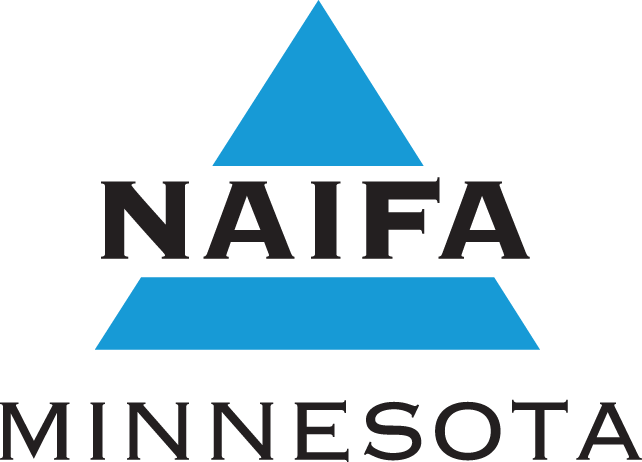Paid Family and Medical Leave Bill Passes House
Minnesota employers will have to either join or match the benefits of a state family and medical leave program passed by the House on Tuesday. Benefits would be available to an employee unable to work due to a family member’s serious health condition, a qualifying exigency, safety leave, bonding leave, or the employee’s own pregnancy, pregnancy recovery, or serious health condition. HF2 (Richardson, DFL-Mendota) creates a self-funding family and medical insurance benefit account modeled after the state’s unemployment insurance fund. A $668.3 million allocation in seed money is called for in fiscal year 2024 before money is collected via a new tax on employers and employees. The program will be overseen by a new Family and Medical Benefits Insurance Division within the Department of Employment and Economic Development. Employers would be allowed to have their own private plans and not be required to pay premiums into the state program. However, private plans would need to meet or exceed requirements in the state plan. Benefits would be available starting July 1, 2025. Business associations, local governments and non-profits have raised concerns about the pay-roll tax created to fund the program. Insurance industry advocates have raised concerns about a state-run program that will compete with private insurers. The bill is a priority for Governor Walz, DFL legislators, labor unions, AARP and advocacy organizations.
House Passes Secure Choice Plan
The House on Monday passed HF782 (Becker-Finn, DFL-Roseville), a bill that directs the State to stand up a retirement savings program called the Minnesota Secure Choice Retirement Program. The proposal, pushed by labor and advocacy organizations, is intended to help employees in the private sector who have no opportunity to save for retirement through an employer-sponsored retirement plan. Employers that do not sponsor a retirement plan for their employees are required to transmit a percentage of each employee’s pay to a state-sponsored IRA. Action on the bill now turns to the Senate, where the companion bill is pending in the Finance Committee.
Commerce Conference Committee Adopts Provisions
House and Senate conferees met this week in a conference committee charged with reconciling differences in the two body’s commerce omnibus finance bills -- HF2680 (Stephenson, DFL-Coon Rapids) / SF2744 ( Klein, DFL-Mendota Heights). As the spending in the two bills were each just $10 million, most of the discussion focused on policy issues in the two bills. Notable provisions voted into the conference committee report include:
-
modifying open enrollment conditions for Medical Assistance;
-
creating a Prescription Drug Affordability Board to take action against drug companies making excessive price increases;
-
prohibiting deductibles on certain preventive health care items and services;
-
establishing a Mental Health Parity and Substance Abuse Accountability Office;
-
requiring health plans to contract with mental health providers willing to accept their terms for the period 7/1/23 – 6/30/25 and
-
requiring health plans to limit patient co-pays to no more than $25 per one-month supply for prescription drugs used to treat chronic diseases.










